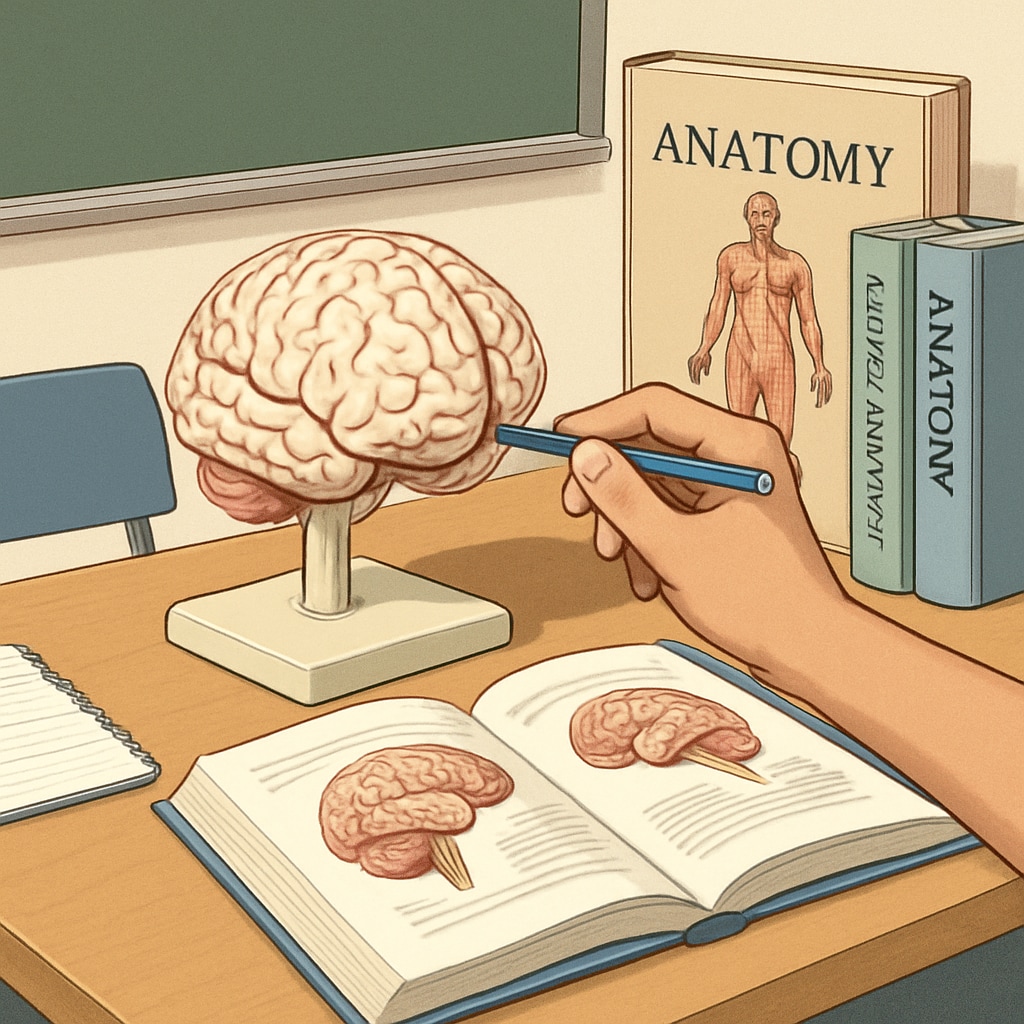For students consistently excelling in academic tests and considering supplemental learning to pursue neurosurgery careers, strategic skill development is crucial. Neuroscience ranks among medicine’s most demanding specialties, requiring exceptional mathematical aptitude and advanced reading comprehension. This guide outlines practical approaches to build these competencies beyond standard curricula.

Foundational Math Skills for Future Neurosurgeons
Neurosurgery demands mathematical precision in areas like:
- Spatial geometry (for interpreting brain imaging)
- Advanced statistics (for research analysis)
- Physics principles (for understanding surgical tools)
Supplemental programs like AoPS courses provide challenging material beyond typical grade levels. Many academic competitions also offer excellent preparation – the MAA contest series builds problem-solving stamina crucial for medical school.
Developing Medical-Level Reading Proficiency
Future neurosurgeons must process complex texts efficiently. Consider these strategies:
- Practice speed-reading peer-reviewed journals (start with Journal of Neurosurgery: Pediatrics)
- Analyze research papers’ methodology sections to understand experimental design
- Build medical vocabulary through etymology studies (Greek/Latin roots)
Many universities offer free access to their medical library resources for advanced high school students. Always verify permissions before accessing restricted materials.

Balancing Depth and Breadth in Preparations
While specialization is valuable, maintain well-rounded development:
- Participate in science fairs with neuroscience projects
- Shadow medical professionals (many hospitals have formal programs)
- Develop manual dexterity through activities like 3D modeling or musical instruments
Remember that neurosurgery requires 15+ years of training after high school. Sustainable learning habits matter more than rushing through material.
Readability guidance: Use transition words like “however” when discussing limitations of early specialization. Keep sentence length moderate when explaining complex concepts. Break long paragraphs about medical training into digestible sections.


